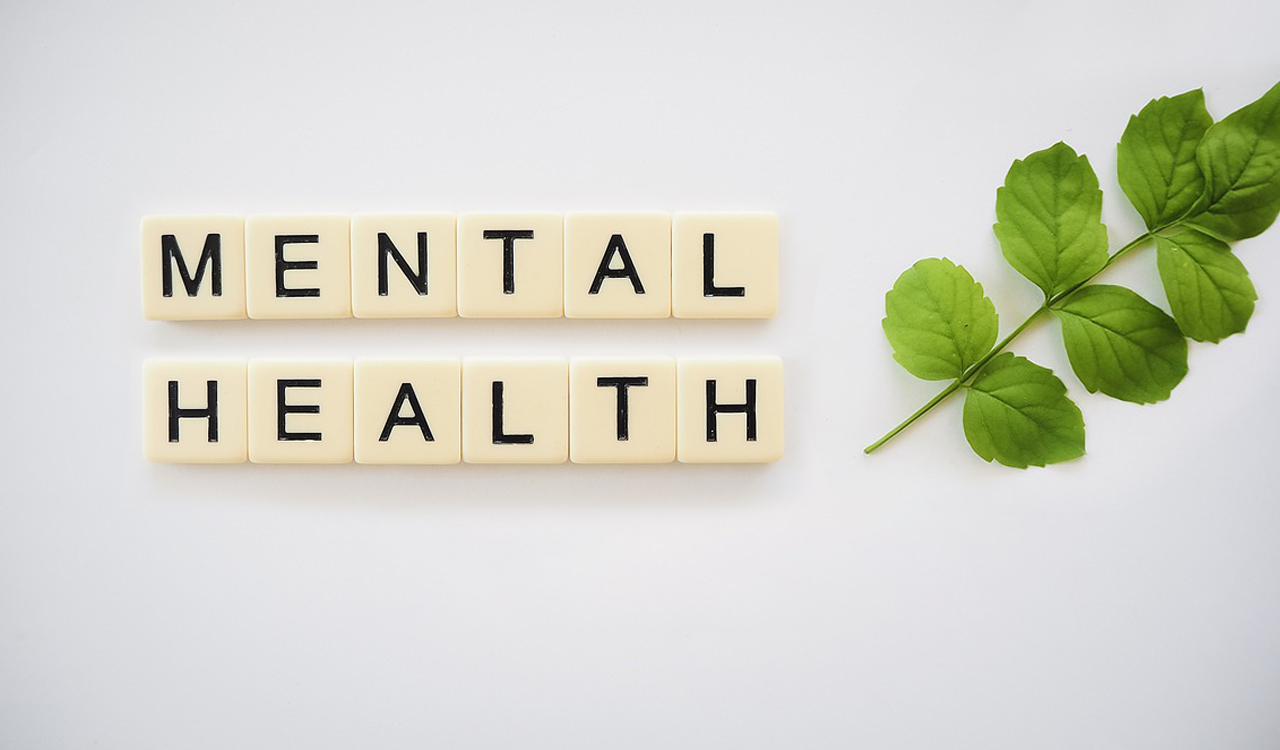When a patient is diagnosed with a rare disease, a lot of time and energy is spent focusing on understanding triggers, symptoms, and treatment. Often, little emphasis is placed on the emotional cost to patients who often feel scared, isolated, and overwhelmed.
HAE Patients are more likely to suffer symptoms of depression than the general population, with 42.5% of patients showing at least mild symptoms of depression. Patients are nearly twice as likely to report taking psychotropic or antidepressant medication compared to the general population.
Many support groups are starting to focus more on the importance of mental health. It is important for patients, their families, and the greater medical community to be aware of the impact of mental health, even more so for diseases such as HAE which are often triggered by stress.
HAE attacks recur throughout life, are unpredictable and can last several days if untreated. This has an extensive impact on quality of life as patients struggle to commit to daily tasks, social events and travelling. Parents often experience a sense of guilt associated with passing it on to their children and the burden they place on friends and family.
The good news is there are several identified measures available to patients, that their healthcare practitioners and support groups can support them in, to help them navigate life with a rare disease.
HAE S.A. works in partnership with Rare Diseases South Africa, a non-profit organisation advocating to ensure that people living with rare diseases and congenital disorders experience greater recognition, support, improved health service and better overall quality of life.
They offer a host of psychosocial support benefits to members, including:
- Work related challenges
- Child counselling
- Abuse and trauma
- Crisis management
- Coping skills and stress
- management
- Depression and anxiety



